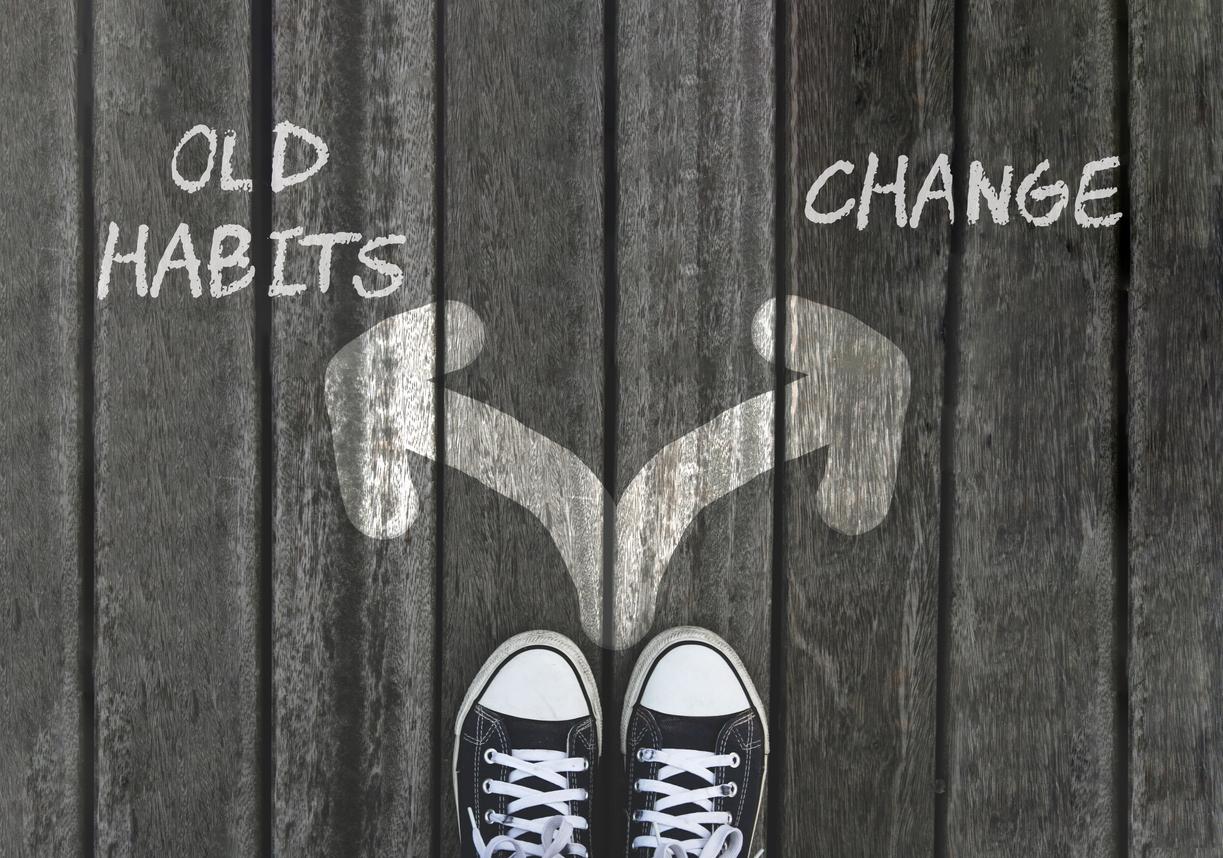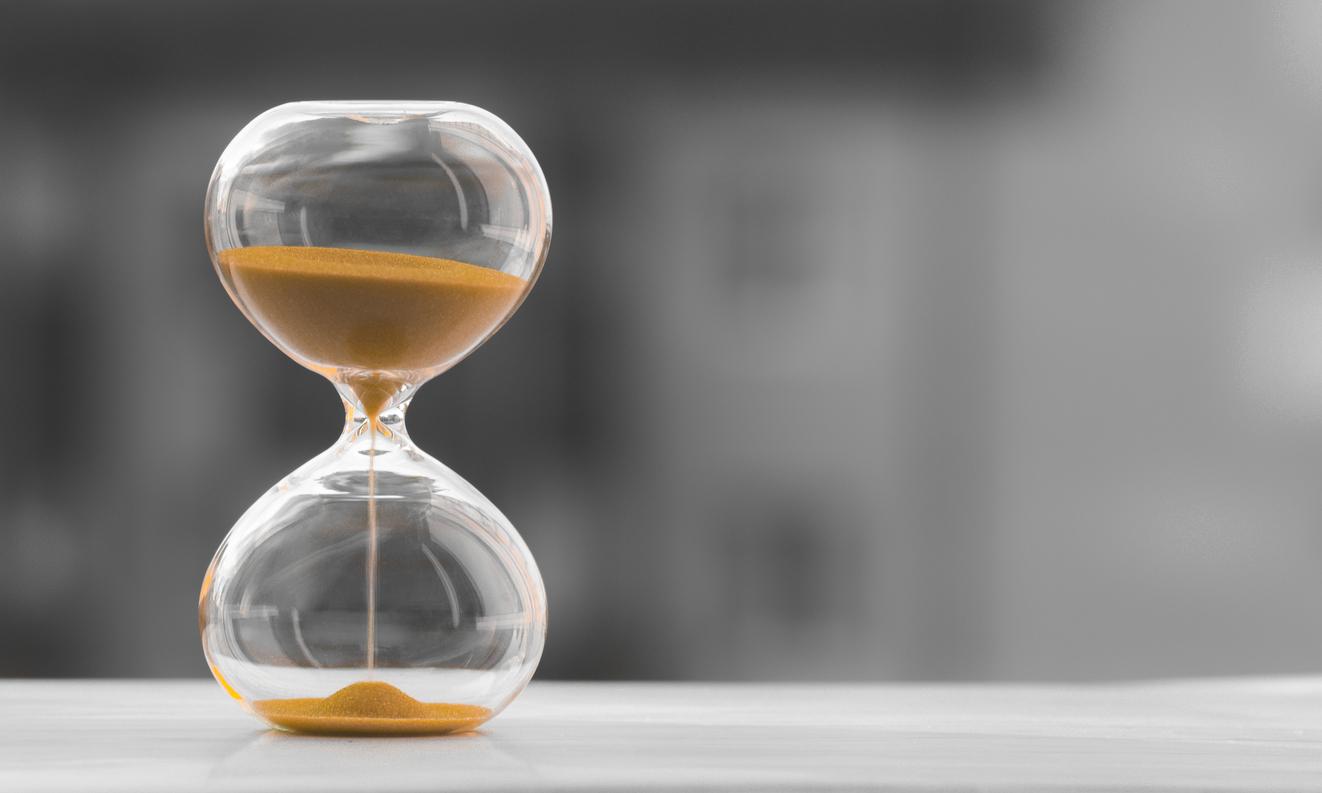
False negatives are the main weak points of the screening campaign. Despite the effectiveness of RT-PCR tests, it would be better to screen for coronavirus in the afternoon, according to a new study. The viral load is said to be higher at this time of the day.
Screening is undeniably the number one tool in the strategy to fight Covid-19 disease. If it is positive, it will obviously allow orientation towards appropriate care. However, the tests to detect the viral load of the virus are not foolproof. Indeed, among the tests carried out each day, a part can be considered as “false-negatives”, that is to say, tests affirming that the patient does not have the virus while he is a carrier of the virus. Covid-19. Researchers at Vanderbilt University Medical Center in Nashville (United States) are interested in these false results. According to their study, published on March 13, 2021 in the journal MedRixv, RT-PCR tests carried out in the afternoon would be more reliable than those from which samples were taken in the morning or in the evening.
The viral load would be higher in the early afternoon
Candace McNaughton of Vanderbilt University Medical Center and her team looked at the results of 30,000 RT-PCR tests performed in the Nashville area between March and June 2020. The researchers found that the proportion of positive results ranged from single to double over a day, with a significant peak around 2 p.m. “This observation aligns with previous findings for other viruses such as influenza, herpes and dengue, where interactions with the immune system result in diurnal variation in viral shedding and symptoms.”, explain the authors of the study. Questioned by the British media The Guardian, Dr Rachel Edgar, virologist at Imperial College London, said “It is also possible that other variations in our physiology, such as our nasal secretions, over the course of a 24 hour day, could interfere with the amount of virus collected on the nose and throat swabs.”
Time considerations to be exploited
“The potential diurnal variation of SARS-CoV-2 merits further study because, if confirmed, it has important implications for public health and diagnostic strategies. […] In addition, an excretion cycle that peaks in the afternoon may play a role in community and hospital spread.“Say the authors of the study. Excretion is the action by which patients reject substances secreted by their body, including the virus. Covid-19 is spread by droplets or even micro-droplets. Researchers at Vanderbilt University Medical Center recommend reducing social interactions in the afternoon to drastically reduce the number of cases.













